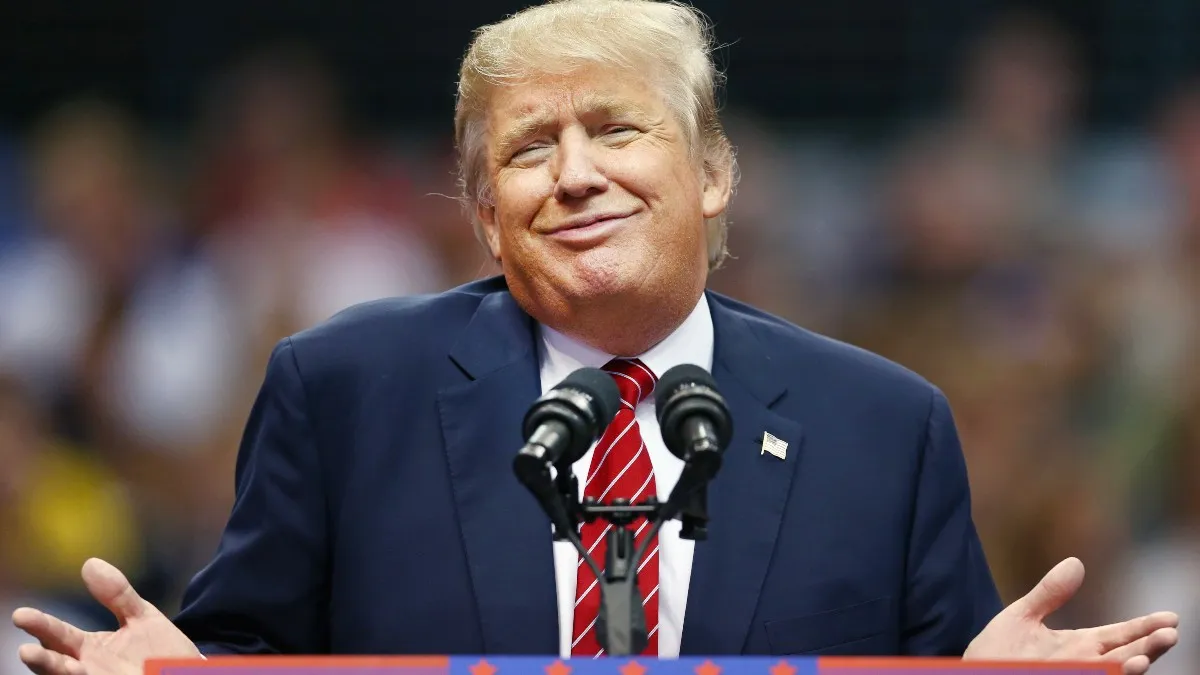Amidst the backdrop of escalating tensions in the Middle East following Iran’s attack on Israel, global anxiety mounts as the specter of full-scale war looms ominously overhead. Meanwhile, former U.S. President Donald Trump’s actions flirt dangerously close to violating the Logan Act, a pivotal federal law designed to prevent unauthorized individuals from engaging in negotiations with foreign powers involved in disputes with the United States.
The Logan Act serves as a crucial safeguard against exacerbating already delicate diplomatic situations or inadvertently sparking international conflicts. Essentially, it mandates that all discussions with potentially adversarial foreign nations must occur through official diplomatic channels, thus minimizing the risk of exacerbating already tense relations.
Describing the current state of affairs in the Middle East as “complex” would be a gross understatement. The ongoing Israel-Hamas conflict continues to exact a heavy toll in terms of human lives lost, while Iran’s recent missile strike threatens to further escalate hostilities in the region. Positioned as a staunch ally of Israel, the United States finds itself navigating treacherous diplomatic waters, with the stakes higher than ever.
In this volatile climate, Donald Trump’s actions are cause for concern. His tumultuous history with Iran, including a 2020 operation in collaboration with Israel to assassinate Iranian leaders in Syria, underscores the potential danger of his involvement in the region’s affairs. Trump’s previous actions nearly pushed the U.S. to the brink of war with Iran, a nation with considerable military capabilities, including the capacity for nuclear warfare.
Despite this fraught history, Trump’s recent reiteration of a 2020 tweet directed at then-Iranian President Hassan Rouhani has raised eyebrows. The message, reposted on Trump’s Truth Social account, warned Rouhani against threatening the United States. While Trump may argue that simply reposting a previous message does not constitute negotiation, his status as a former President and the global reach of his social media platform imbue his words with significant weight and potential consequences.
By evoking a message tinged with bellicose rhetoric, Trump risks further destabilizing an already volatile situation in the Middle East. While he may attempt to sidestep accusations of Logan Act violations by framing his actions as exercises in free speech, the reality is that his words carry substantial influence and can significantly impact international perceptions of U.S. intentions.
As the Iran-Israel conflict continues to unfold, the United States faces a pivotal moment in its diplomatic endeavors. It is imperative that the nation pursues avenues of peace and de-escalation, rather than allowing the rhetoric of a single individual to exacerbate tensions and increase the likelihood of broader conflict. The stakes are too high for reckless actions or ill-considered words to dictate the course of international relations.


